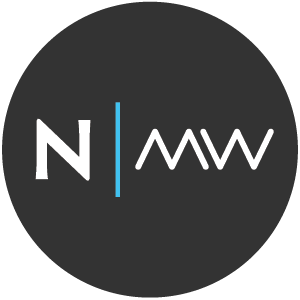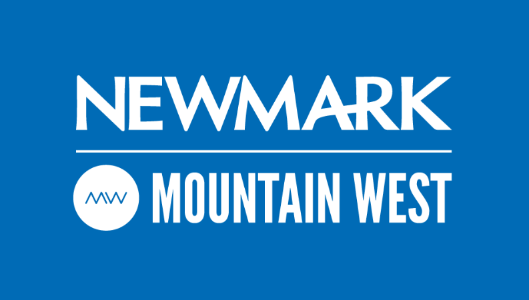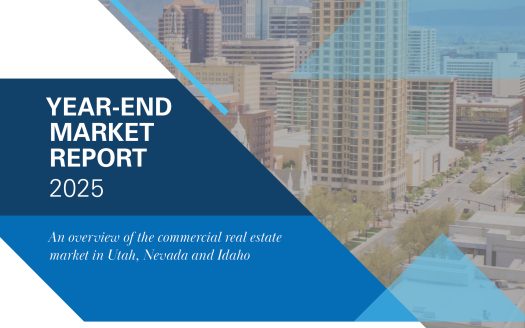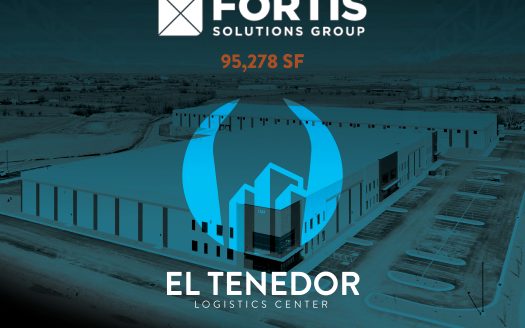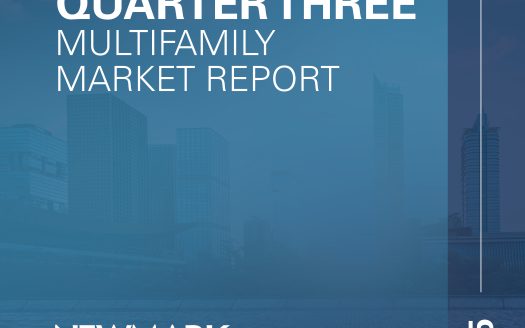Addressing Utah’s Housing Crisis: Affordable Housing Initiatives on the Rise
Affordable Housing Projects: A Beacon of Hope
Utah is amid a housing affordability crisis. Recent reports from the Kem C. Gardner Policy Institute shed light on the severity of this issue, with Utah’s housing market becoming increasingly unaffordable. The gap between housing demand and supply has widened over the past two years, exacerbating the problem.
EngineHouse: A Promising Solution
Ground recently broke on EngineHouse, a 123-unit apartment building developed by J. Fisher Companies, with support from nonprofit Utah Housing Corp. and the state’s Olene Walker Housing Loan Fund. What sets this project apart is its commitment to affordable housing, with 99 of the units being reserved for residents in need. This development is expected to be completed by 2025, offering a glimmer of hope for those struggling to find affordable housing in Park City.
The High Cost of Living in Park City
Park City has become a sought-after destination which has driven up housing prices, with the median sales price for a single-family home reaching a staggering $3.2 million as of September 2023. Market rent per unit, as reported by CoStar, stands at $1,894 in the third quarter of 2023. The soaring costs of living in Park City are pushing many residents and workers to the brink.
The Impact of Short-Term Rentals (STRs)
One significant factor contributing to the housing affordability crisis in Park City is the proliferation of short-term rentals (STRs). According to a 2022 report from the Kem C. Gardner Policy Institute, Park City saw a 20.4% growth in STRs from 2019 to 2021, reaching a total of 3,922 units. In 2020, STRs accounted for a staggering 42.9% of the city’s housing inventory. The popularity of platforms like Airbnb has transformed residential properties into lucrative vacation rentals, further limiting the available housing for permanent residents.
Affordable Housing Initiatives Statewide
Efforts to tackle the housing crisis aren’t confined to Park City alone. Housing for Impact, a collaboration between Ivory Homes and FJ Management, is set to build over 850 rent-subsidized dwellings in seven Utah cities, including Salt Lake City, South Jordan, Draper, Magna, Lehi, Francis, and Park City. These dwellings will cater to residents earning below the county’s median income and will be conveniently located near essential community resources.
For instance, the Liberty Wells Center, generously donated by the Church of Jesus Christ of Latter-day Saints, will be transformed into 30 apartments and 36 townhomes. This initiative aligns with Governor Spencer Cox’s sentiment that increasing housing supply is crucial to addressing the crisis. About 25% of the homes in these developments will be rented at market rates, while 35% will be set aside for those making 80% of the area median income, and 40% will cater to those earning 60% of the AMI.
The housing affordability crisis in Utah, particularly in cities like Park City, demands urgent action. Projects like EngineHouse and initiatives such as Housing for Impact are taking meaningful steps to provide affordable housing options for residents. However, addressing the issue also requires thoughtful consideration of the impact of short-term rentals on the housing market.
